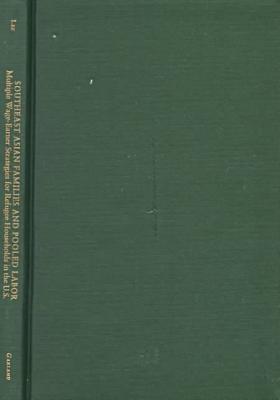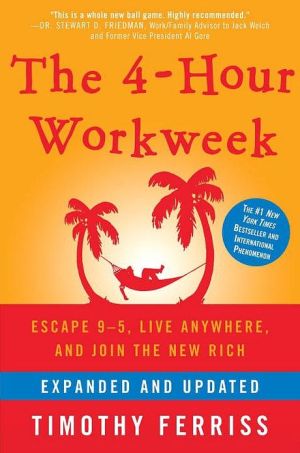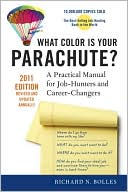Southeast Asian Families and Pooled Labor: Multiple Wage-Earner Strategies for Refugee Households in the U. S.
This book analyzes family work strategies among Southeast Asian refugees who entered the United States between 1989 and 1994. Increasing the number of multiple wage-earners in refugee households has been an important focal point of American policy for promoting refugee self-sufficiency. Research indicates the importance of adult children among refugee households, as either secondary earners or alternative wage-earners to the unemployed heads of the household. Their labor force participation...
Search in google:
This book analyzes family work strategies among Southeast Asian refugees who entered the United States between 1989 and 1994. Increasing the number of multiple wage-earners in refugee households has been an important focal point of American policy for promoting refugee self-sufficiency. Research indicates the importance of adult children among refugee households, as either secondary earners or alternative wage-earners to the unemployed heads of the household. Their labor force participation and employment rates are higher than those of household heads. These findings are most striking for refugee households which contain unmarried adult children, indicating impressive economic contributions of extended families or non-nuclear family members.Findings also indicate that fewer children in the household, a larger portion of English-fluent household members, and initial placement outside California are all significantly related to the incidence of multiple wage-earners in Southeast Asian refugee households. The absence of children and the proportion of English-fluent household members are more significant in generating additional wage-earners than in producing one earner in the household. Booknews Analyzes the inner structure of wage-labor pooling and strategies of generating wage-earners among Southeast Asian refugee households. Analysis method is based on the belief that an individual's economic well-being generally depends on the whole household economy. Looks at the prevailing composition of multiple-earners, and asks what factors can significantly contribute to the generation of multiple wage- earners in refugee families. Despite the fact that this study is based on cross-sectional data analysis, analysis design assumes a dynamic approach. Distributed by Taylor and Francis. Annotation c. Book News, Inc., Portland, OR (booknews.com)
TablesPrefaceAcknowledgments1Introduction of SEA Refugees' Economic Adjustment32Theoretical and Empirical Backgrounds15Multiple Earner Strategies and Household StructureHousehold Approach in Southeast Asian Refugee PopulationHuman Capital and Southeast Asian Refugee HouseholdsEnvironmental Factors for Refugee Resettlement3Research Methodology of The Study31Sampling and Data CollectionData DescriptionResearch DesignMeasurementValidity and ReliabilityData TransformationData Analysis4Results of Data Analysis51Characteristics of Southeast Asian Refugee HouseholdsFamily Status of Household MembersLabor Force Status of Southeast Asian Refugee Household MembersDistribution of Wage-earners among Southeast Asian Refugee HouseholdsComposition of Multiple Wage-earners in the HouseholdThe Meaning of Multiple Earners for Southeast Asian Refugee HouseholdsSignificant Factors Associated with the Generation of Multiple Wage-earners5Discussion and Conclusion936Practice and Research Implications115Policy and Practice ImplicationsLimitation of the StudyRecommendations for Future ResearchAppendix: Questionnaire for Annual Survey of Refugees125Bibliography145Index151
\ BooknewsAnalyzes the inner structure of wage-labor pooling and strategies of generating wage-earners among Southeast Asian refugee households. Analysis method is based on the belief that an individual's economic well-being generally depends on the whole household economy. Looks at the prevailing composition of multiple-earners, and asks what factors can significantly contribute to the generation of multiple wage- earners in refugee families. Despite the fact that this study is based on cross-sectional data analysis, analysis design assumes a dynamic approach. Distributed by Taylor and Francis. Annotation c. Book News, Inc., Portland, OR (booknews.com)\ \








